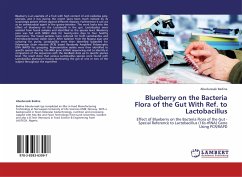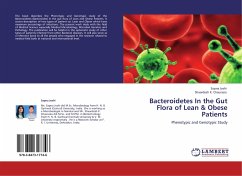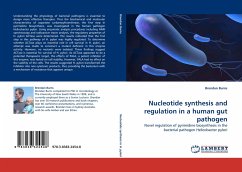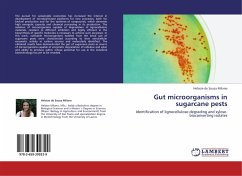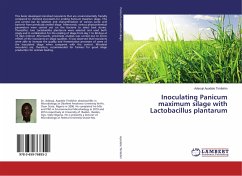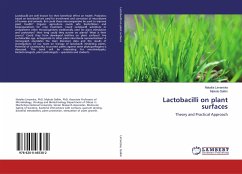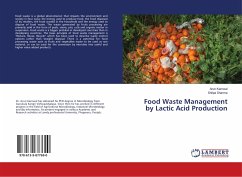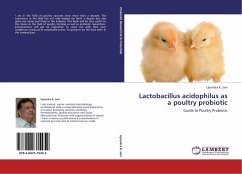Blueberry is an example of a fruit with high content of anti oxidative poly-phenols, and it has during the recent years been much noticed by its surprisingly potent effects against different diseases. Furthermore it can act as an antimicrobial agent in the gastro-intestine. The work looks into the effect of blueberry on the Lactobacilli in the gut. Lactobacilus were isolated from feacal samples and identified to the species level. Blueberry juice was fed with 600ml daily for twenty-nine days to four healthy voluntaries. The feacal samples were cultured for both Lactobacillus and Enterobacteriaceae viable count. After isolation from the Rogosa agar and culturing for purity, Lactobacillus were then identified subjected for Polymerase chain reaction (PCR) based Randomly Amplified Polymorphic DNA (RAPD) for grouping. Representative isolate were then identified to specific species level by 16s-rRNA gene (rDNA) sequencing and to identify in comparison of the sequences with the GenBank data up to specific species level. The result show that various Lactobacillus species were found with Lactobacillus plantarum having dominating the gut of one or two of the subject throughout the experimet
Bitte wählen Sie Ihr Anliegen aus.
Rechnungen
Retourenschein anfordern
Bestellstatus
Storno

